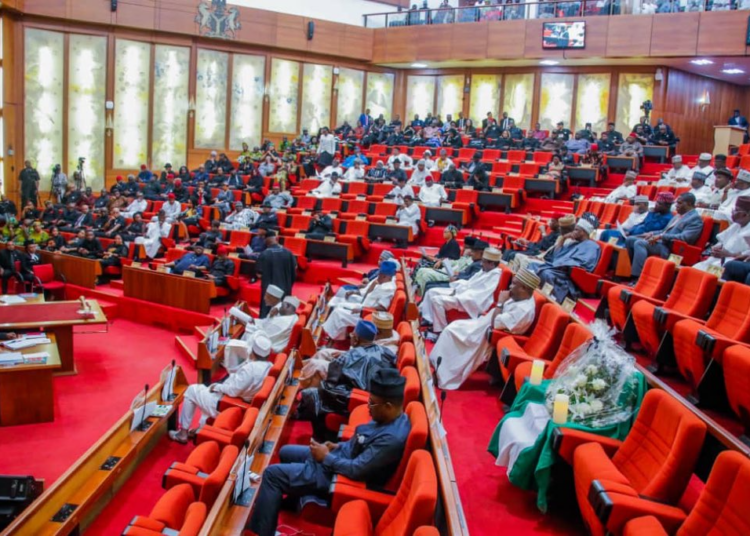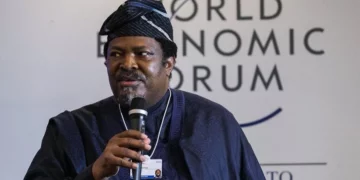The Senate, in plenary yesterday, has passed four contentious tax reform bills for second reading, following a general lead debate presented by Senate Leader, Senator Opeyemi Bamidele (APC, Ekiti Central).
The House of Representatives is set to commence debate on the general principles of the four tax bills currently before the National Assembly on Tuesday next week, exactly two months President Bola Tinubu transmitted the proposed legislations on October 3 to the apex legislature.
The bills, aimed at reforming the country’s tax system, garnered significant support from senators across party lines. Among those who expressed strong backing during their contributions were Senators Sani Musa (APC, Niger East), Seriake Dickson (PDP, Bayelsa West), Abba Moro (PDP, Benue South), and Senate Whip, Tahir Monguno (APC, Borno North).
However, Senator Ali Ndume (APC, Borno South) opposed the bills, citing concerns over timing and inadequate consultations.
The session, presided over by Senate President Godswill Akpabio, saw the bills passed for second reading through voice votes. In response to the concerns raised, the Senate mandated its Finance Committee to conduct a public hearing to gather input from stakeholders, including the Governors’ Forum, the National Economic Council (NEC), and the Northern Elders Forum (NEF). The committee is expected to report back within weeks.
Deputy Speaker Benjamin Kalu disclosed the next action of the Green Chamber on the bills after over two hours executive session of the House at plenary on Thursday.
The four tax reforms bills namely, Nigeria Tax; Nigeria Tax Administration; Nigeria Revenue Service and Joint Revenue Board of Nigeria (Establishment) Bills, 2024 presently before the National Assembly have been subject of controversy.
Northern Governors’ Forum had rejected the new derivation-based model for Value Added Tax (VAT) distribution proposed in one of the bills when they insisted that the provision did not align with the interests of the North and other sub-national entities.
Article 77 of the Nigeria Tax Administration Bill, 2024 provides that: “Notwithstanding any formula that may be prescribed by any other
law, the net revenue accruing by virtue of the operation of chapter six of the Nigeria Tax Act (VAT) shall be distributed as follows-
(a) 10% to the Federal Government;
(b) 55% to the State Governments and the Federal Capital Territory;
and (c) 35% to the Local Governments.
“Provided that 60% of the amount standing to the credit of states and local governments shall be distributed among them on the basis of derivation.”
Speaker Abbas Tajudeen had at an Interactive Session on Tax Reform Bills’ on November 18 said the House had yet to take a definitive position on these bills as its role was to scrutinise them thoroughly, ensuring they align with the best interests of their constituents and the nation at large.
“Let me be clear: the House has not yet taken a definitive position on these bills. Our role is to scrutinise them thoroughly, ensuring they align with the best interests of our constituents and the nation at large. We owe this duty to Nigerians,” Abbas stressed.
But after the closed session, Deputy Speaker Kalu said: “Let me also thank you for the wonderful deliberations we had during the executive session and our agreement to continue in our consultations on these tax bills.
“Please consult as you go on this weekend. Come back with more robust ideas and debate as we look into this matter finally on Tuesday. I wish you happy deliberations and consultations.”





